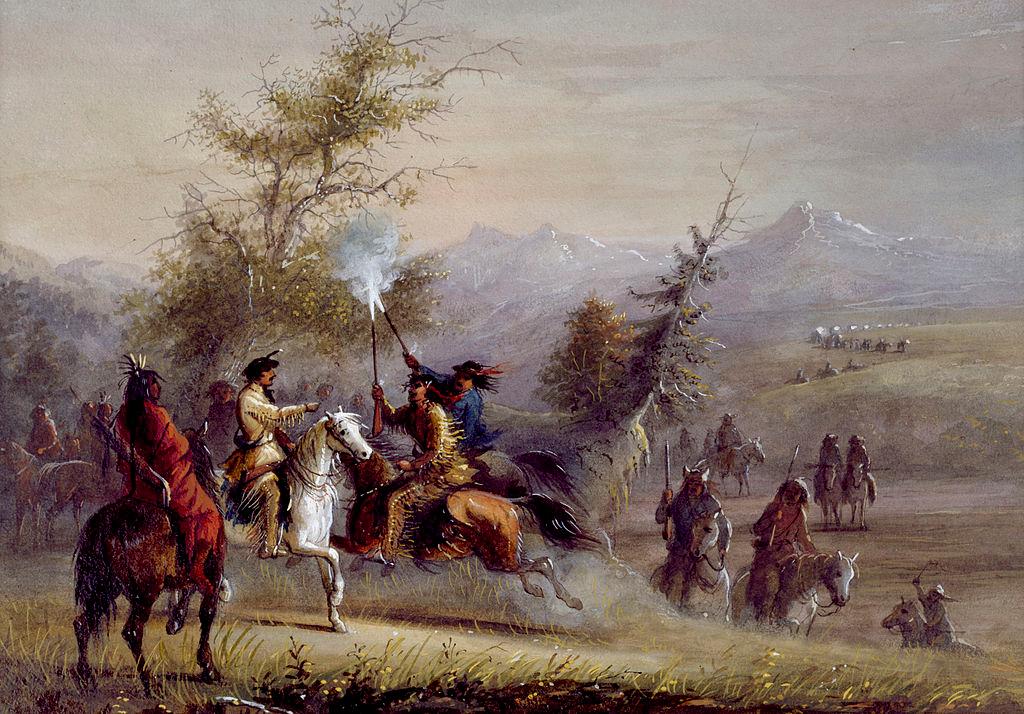Seth Bullock was not a well-known frontiersman prior to the 2004 HBO television series “Deadwood,” which featured him as its main character. However, historians before and since the show’s brief three-season run have always recognized the sheriff as fascinating. Portrayed on the show as a decent man whose inherent goodness was often contradicted by a violent temper, the real Bullock was a level-headed and practical realist, a frontier renaissance man who was by turns a politician, businessman, lawman, soldier, and even a pioneering forest service superintendent who helped put the city of Deadwood, South Dakota, and the Black Hills region on the map.
Born in Ontario, Canada in circa 1847, Bullock was raised in Michigan and started his law enforcement and political career in Montana, where he served on the territorial legislature and acted as sheriff of Lewis and Clark County from 1871 until 1876, marrying his childhood sweetheart Martha Eccles in 1874. He was an exemplar of some of the values Americans cherish the most—courage, determination, and commitment.




